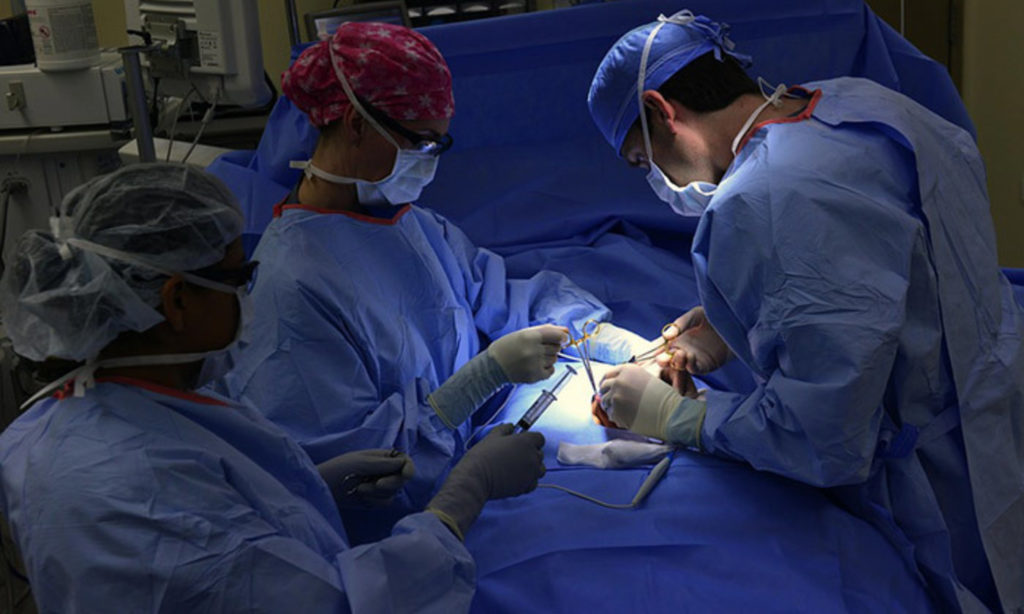From Aeon: When someone is sick or needs the help of a physician, who should decide what is appropriate — what blood tests and imaging studies to order, what medicines to prescribe, what surgeries to perform? Should it be the doctor, the patient or some combination of the two? Most people nowadays (even most physicians) support what is called ‘shared decision-making’, in which the doctor and patient (and often her family or friends) discuss the situation and come up with a joint plan. The doctor’s role is that of experienced guide, whose medical knowledge, skill and expertise help to shape the conversation and whose understanding of the priorities, values and goals of the patients steers the plan in a given direction to the satisfaction of all.
Unfortunately, in the real world, things don’t always work this way. Doctors and patients have a number of masters, both welcomed and uninvited. Insurance companies or other third-party payers often intrude into the decision-making process, limiting the choices of what services and products might be available: a sick patient often must wait for pre-authorisation for expensive diagnostic tests and procedures; pharmacy formularies restrict the kinds of drugs available for prescriptions, and so on. Furthermore, some doctors have personal interests in the interventions they recommend. Many surgeons make more money if they do more surgery, cardiologists earn more if they put in more cardiac stents and pacemakers, and drug companies have better profits if they sell drugs for chronic conditions that never get better and require lifelong medication (such as high cholesterol, hypertension and diabetes). Such practices contribute to the seeming inexorable rise in healthcare costs (and a host of adverse outcomes) in the United States.













